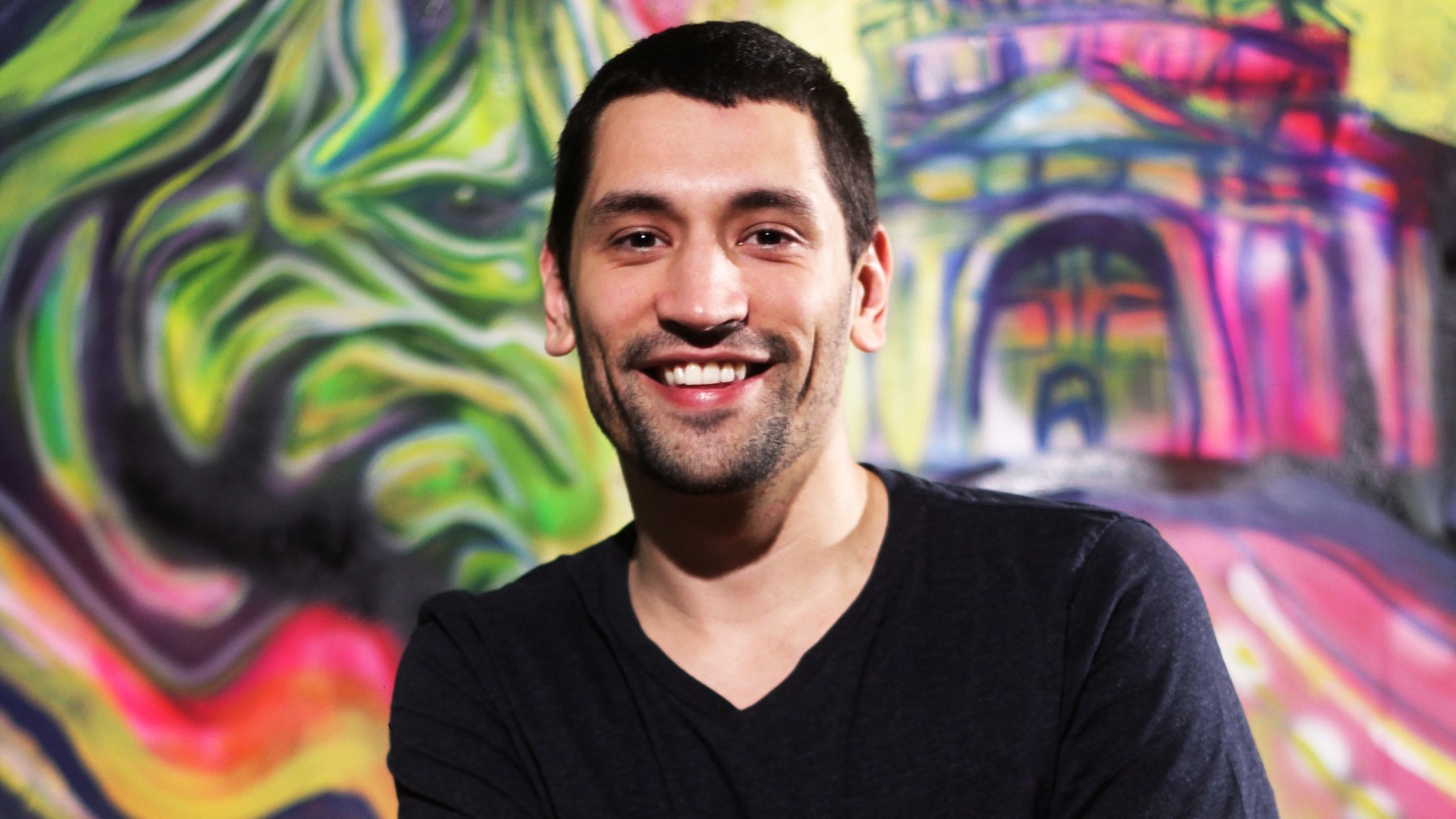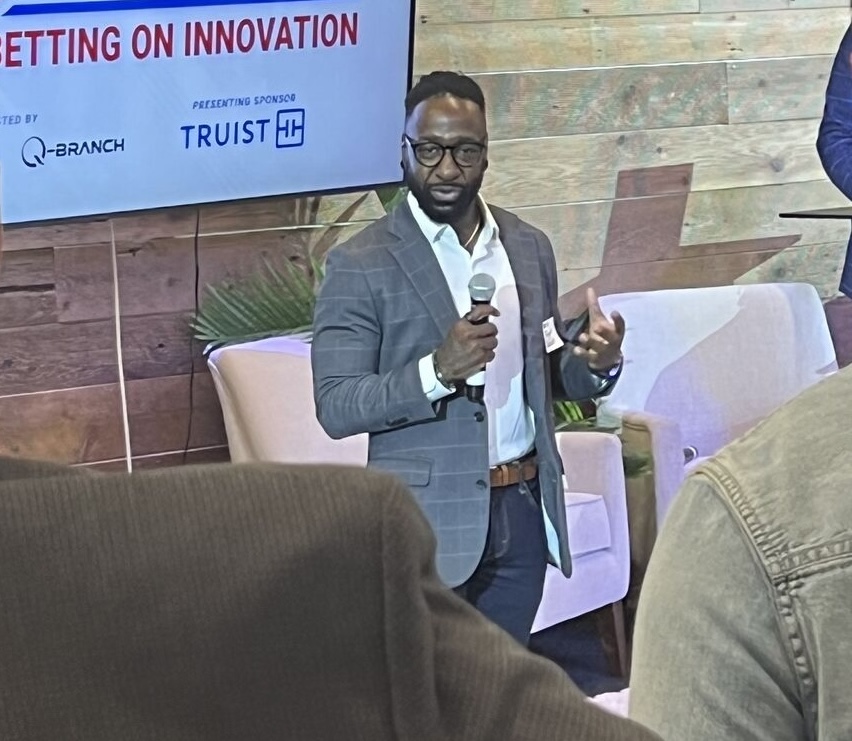Miami has bold aspirations to become a global crypto hub—and it’s closer than ever to achieving that vision.
Thanks to Miami's Mayor Francis Suarez fully embracing cryptocurrency, it has emerged as a key player in the tech world. With its tropical climate, rich cultural landscape, and proximity to Latin America, Miami-Dade County is one of the most affluent and blockchain-friendly cities in the U.S.
But the city's appeal goes beyond these ambitions. Lower living costs, favorable tax policies, and a diverse talent pool make it a top choice for entrepreneurs. The city has worked to improve infrastructure, boost investment, and foster a tech-forward community.
In short, Miami really is setting itself up as a top “Crypto City.”
Rapid Rise
Miami has become a popular alternative to Silicon Valley and New York, known for its sunny climate and business-friendly environment. But it took the COVID-19 pandemic to unlock its potential.
As the pandemic accelerated remote work trends, it prompted much of the tech workforce to find affordable locations with a desirable work-life balance.
South Florida had everything they were looking for and more.
In 2020, high-profile tech investors Keith Rabois of Founders Fund and David Blumberg of Blumberg Capital moved to Miami, bringing nearly $1 billion in venture capital with them. Major companies such as Oracle, HP, and Citadel have set up offices in the city. By this point, Miami had also become a primary air gateway between the U.S. and Latin America, which is experiencing its own tech boom.
South Florida’s tech ecosystem is formidable, with 4,738 companies based in the Miami metro area – including 614 fintech firms, according to data cited by the latest eMerge Insights report. The Miami-Fort Lauderdale metro area ranked seventh in the nation for VC deal count and 11th for venture dollars in 2023.
Crypto Investment Spike
While many are nervous about the direction of investment, there is still plenty of capital to be found in South Florida.
The Miami startup ecosystem boasts significant achievements, ranking 7th nationally for venture capital deals in 2023. The Greater Miami-Fort Lauderdale area accounted for 69% of the state’s venture capital funding and 59% of total deals, cementing its role as a key player in the national tech landscape.
Sector-specific performance remains strong in fintech, which attracted $577 million across 63 deals, representing 24% of the region's total venture funding.
A recent report from eMerge Americas highlights a robust year for South Florida’s tech ecosystem, with regional startups securing $2.41 billion across 393 deals in 2023.
In March 2024, Bitcoin surged to a record high of over $73,000, sparking renewed enthusiasm for cryptocurrency. Other factors driving this interest include the January 2024 approval of a Bitcoin exchange-traded fund (ETF), which enabled major firms like BlackRock to invest, and Bitcoin’s limited supply, 93% of which has already been mined.
These insights showcase the resilience of the local startup ecosystem and highlight the diverse opportunities available in South Florida.
Till Death
Loving crypto isn’t always easy. But Miami has shown unwavering commitment through both highs and lows.
In 2023, the industry struggled following the FTX collapse and Sam Bankman-Fried’s fraud conviction, which deeply shook market confidence. Miami's market was hit hard and venture capital dropped from $5.5 billion in 2022 to $400 million by mid-2023.
Nevertheless, Mayor Francis Suarez—proudly calling himself “America’s crypto mayor”— remained steadfast in positioning Miami as a future hub for cryptocurrency. This commitment seemed to pay off in 2024, as Bitcoin reached a record high of over $73,000 in March, stabilizing around $66,000 by late October.
With a focus on fintech and crypto, Miami has woven digital currency into city life through very Florida initiatives.
In a regrettable move, the city briefly renamed the Miami Heat’s home to FTX Arena. A pygmy hippo and her son have their own cryptocurrency. Mayor Suarez pushed to allow municipal employees to partly receive paychecks in the digital currency, as well as backing the city-based cryptocurrency, MiamiCoin – which has faced its own controversies.
Miami’s support extends beyond symbolic or flashy gestures. Government initiatives like the Beacon Council and Refresh Miami, and the Miami-Dade Cryptocurrency Task Force provide education and legislative support for crypto, reinforcing Miami’s dedication to a crypto-friendly future.
Miami has also become a hotspot for major tech conferences, including North American Bitcoin, Ripple Labs, Cointelegraph, eMerge Americas, and much more. This is a city that was built on networking and offers unprecedented opportunities to meet new people.
Crypto payment options have spread across many sectors in Miami. The Thesis Hotel accepts cryptocurrency for bookings, Miami Lakes residents can pay municipal fees with crypto via PayPal, and the metro area now has hundreds of crypto ATMs.
Miami’s deep commitment is helping shape it into a truly crypto-friendly city.
Looking Ahead
While Miami will likely never mirror Silicon Valley, it offers unique strengths and advantages, positioning it as a distinct tech hub with its own identity. Miami’s crypto landscape is a blend of cutting-edge innovation and inevitable challenges, showcasing both the potential and pitfalls of the fast-evolving industry.
As the city further solidifies its status as a global tech hub, opportunities abound for entrepreneurs at all stages, making now an ideal time to engage with Miami’s startup community.





